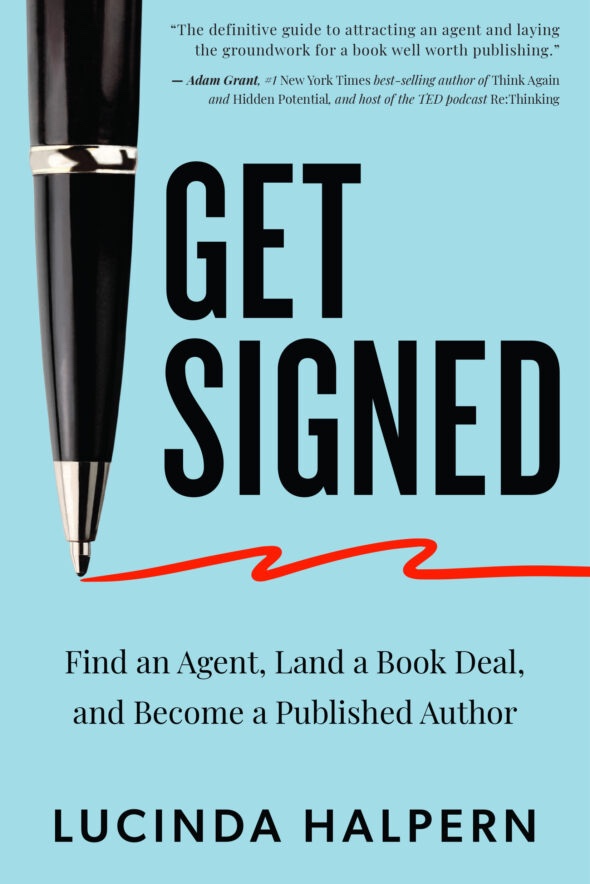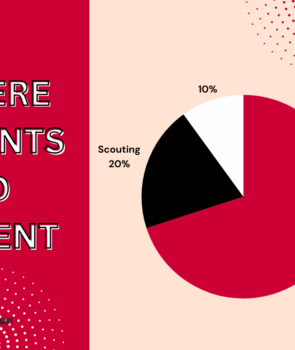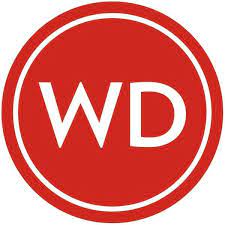Search
Don’t Have a Big Platform Yet? Convince Agents of Your Potential
One of the most important components of your book submission is platform, especially if you’re a nonfiction author. You may be tired of hearing the word (agents are too!), or perhaps you still don’t really understand what it means. Essentially, if you bring a ready-made audience with your project, an agent is more likely to sign you and an editor is more likely to offer you a book deal. But plenty of writers have great projects they’re ready to submit now—they just don’t have a platform yet.

If that describes you, you might be wondering, Do I have to wait? Or should I just ignore platform altogether as I send my work to agents?
If your idea is timely and unlike anything else out there, we don’t want to hold you back! Even if you don’t yet have big numbers to boast, and whether you’re writing a novel or nonfiction book, there are ways to convince agents and editors of your platform potential.
First, lead with the strongest credentials you have to show off, and lean on them heavily. This could be a viral article you wrote for a magazine, high engagement on your Instagram account, or an award you’ve won that’s related to your writing or your research on your book’s topic. Then, explain why it will be so helpful in marketing your book. For example, take an article you’ve published in a magazine: indicate the hundreds of thousands of readers the magazine reaches monthly, all of which might have read your article and have interest in your book.
Second, discuss future possibilities. If you’ve written for that magazine before, you might be able to do so again. Do you have speaking or podcast events lined up? Are you connected to influencers who will be able to feature you or your content on their social media feeds or newsletter? To really give an agent or editor a vision of this, think about your network and what kind of opportunities can arise from those connections, as well as the kind of new content (your “media hooks!”) that you can devise to make your case.
The most persuasive factor for our agency? Comparative platforms and stats that legitimize your goals. These “comps” can be other creators who use their platforms in ways similar to how you’d like to use yours. If writing nonfiction, discuss thought leaders in your space who you’d like to emulate in your book proposal—or, even better, those already in your network with whom you can collaborate. To further convince agents and editors of your ability to grow your platform, use statistics: reference to your comps—researching what has worked for others and how you can mimic it—or refer to your own platform using tools like Google Analytics and Hootsuite to see what content has boosted your social followers, newsletter subscribers, or website visitors. From here, you can lay out a plan for how you’re going to adapt your content strategy to what works, based on your data and research.
Building a platform is a task that requires dedication and great effort, though rest assured that it can be done in manageable steps and that it shouldn’t be a barrier to your book publishing dreams. We encourage you to submit your query letter and book proposal or sample material to agents as you take the first steps in building your following, realizing that you may be told you have more platform work to do. Don’t feel defeated if you receive this response. Ultimately, doing the work now will give you the best chances of wide reception as well as demonstrate the dedication and promise in your project.








